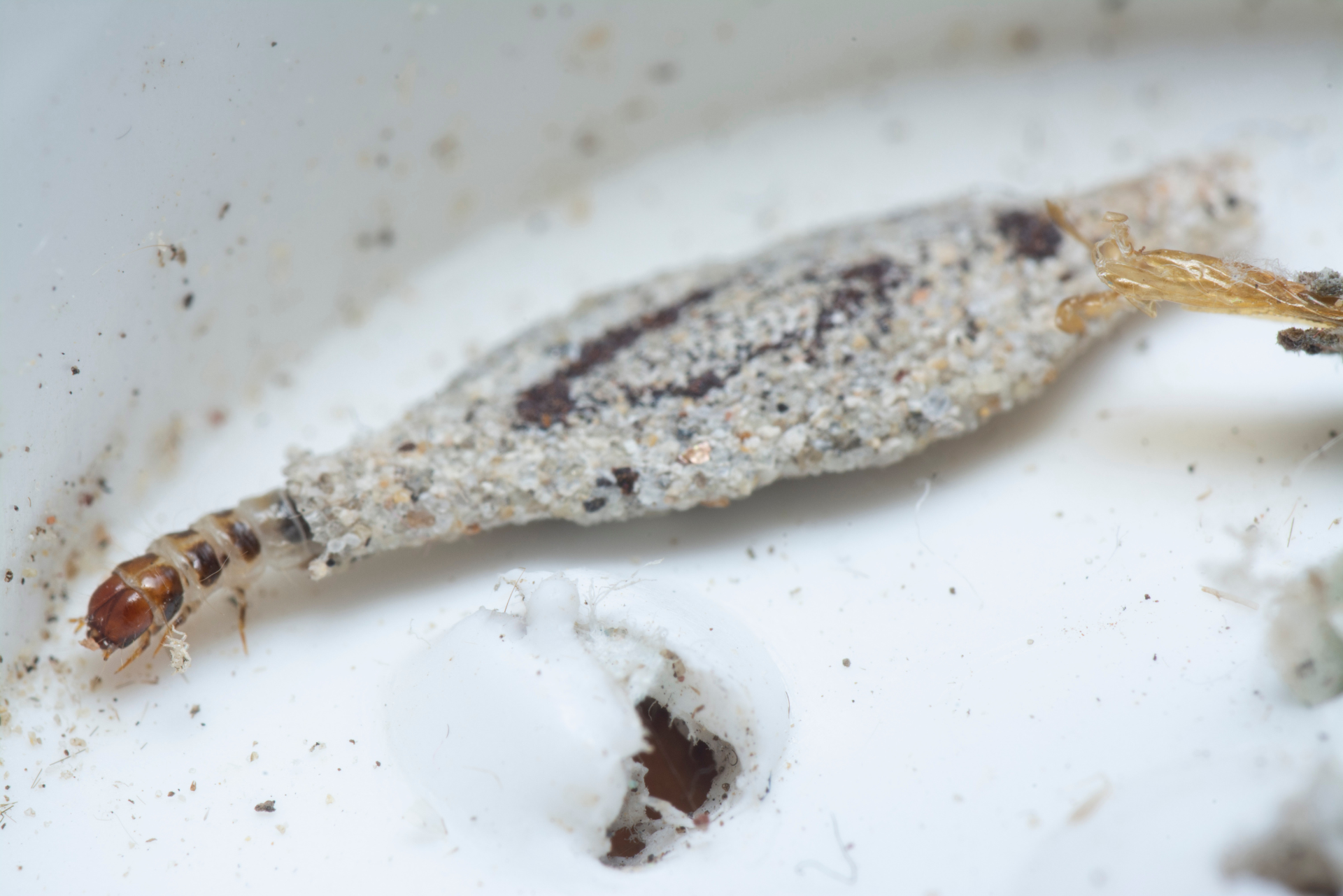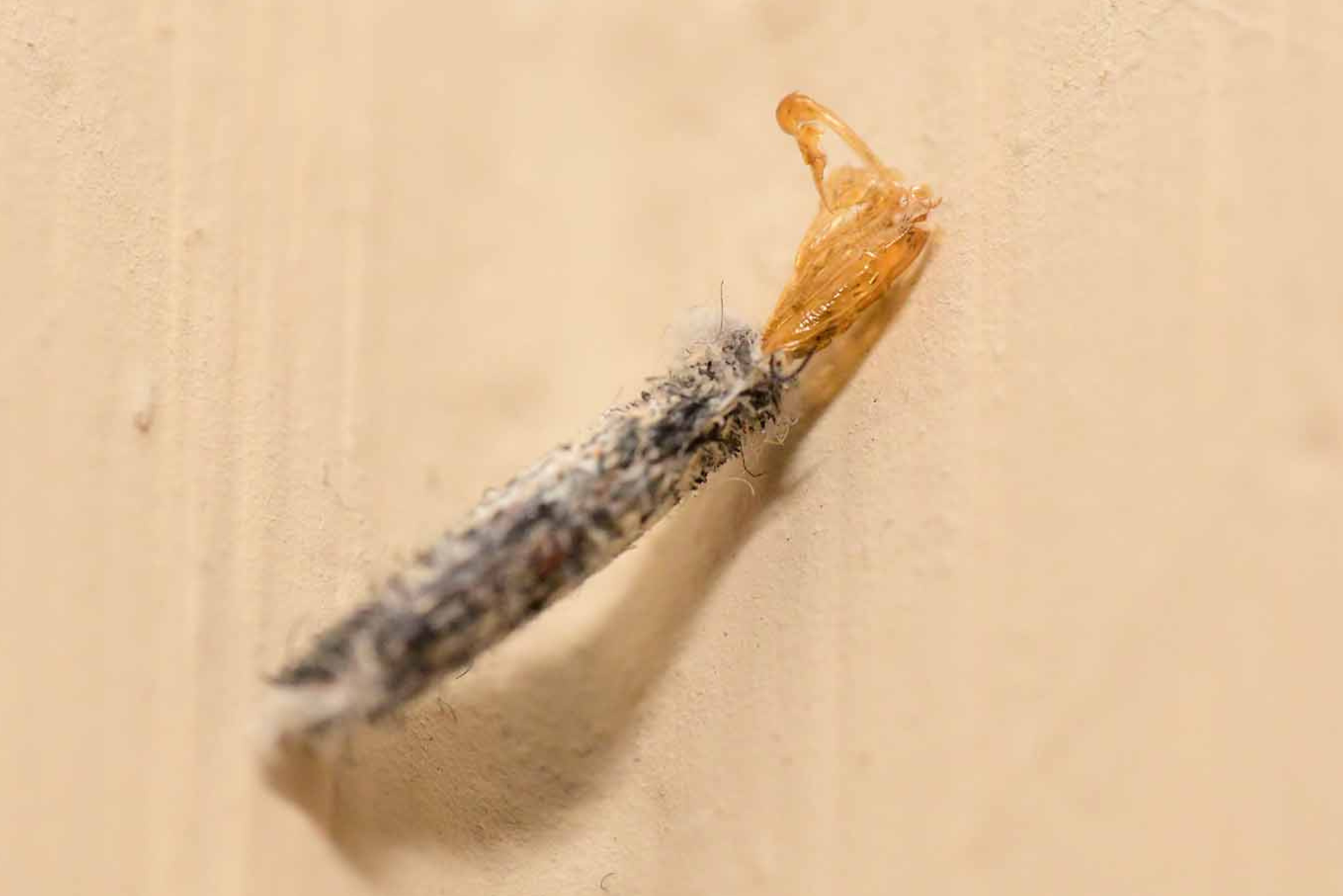Carpet Moth Control in Bristol
Get rid of carpet moths in Bristol with the help of professionals. Learn about the top extermination services and solutions. Say goodbye to moths and hello to beautiful carpets.
Carpet moths can be a major problem for homeowners and businesses in Bristol. These tiny insects can cause significant damage to carpets, upholstery, and other textiles, leading to costly repairs and replacements. Fortunately, there are effective ways to control and prevent carpet moth infestations.
The Top 10 Carpet Moth Control FAQ's
What are carpet moths?
Carpet moths are a type of moth that feed on natural fibers, such as wool, silk, and cotton. They are also known as textile moths or clothing moths.
What do carpet moths look like?
Carpet moths are small, typically measuring only a few millimetres in length. They have brown or gray wings with distinctive markings, and their bodies are covered in tiny scales.
Where do carpet moths live?
Carpet moths are found throughout the world, but they are particularly common in regions with cool, damp climates. They are often found in homes and other buildings, where they can feed on carpets, rugs, clothing, and other natural fibres.
How do carpet moths reproduce?
Carpet moths reproduce by laying eggs on natural fibres, such as wool and silk. The eggs hatch into larvae, which feed on the fibres and eventually spin cocoons. After a few weeks, adult moths emerge from the cocoons and mate, starting the cycle again.
What damage do carpet moths cause?
Carpet moths can cause significant damage to carpets, rugs, clothing, and other natural fibers. They feed on the fibres, leaving behind holes and damage that can be difficult to repair.
How can I tell if I have a carpet moth infestation?
Signs of a carpet moth infestation include small holes or damage to carpets, rugs, and clothing. You may also see adult moths flying around your home or find cocoons or larvae in the affected areas.
How can I get rid of carpet moths?
Getting rid of carpet moths involves a combination of cleaning, vacuuming, and treatment with insecticides. It's important to thoroughly clean and vacuum affected areas, and to use insecticides that are specifically formulated for carpet moths.
How can I prevent carpet moths from returning?
To prevent carpet moth infestations, it's important to keep your home clean and free of food debris. Store natural fibres in sealed containers, and regularly inspect carpets, rugs, and clothing for signs of damage.
Are carpet moths harmful to humans?
Carpet moths are not harmful to humans, but their larvae can cause allergic reactions in some people. If you experience itching, swelling, or other symptoms after coming into contact with carpet moth larvae or cocoons, seek medical attention.
Can I treat a carpet moth infestation myself?
While it is possible to treat a carpet moth infestation yourself, it's often best to consult with a professional pest control company. They can assess the extent of the infestation and recommend the most effective treatment options.
Carpet Moth Identification
Carpet moths belong to the family Tineidae and are commonly found throughout the UK. The adult moths are small and brown, measuring around 8mm in length. They are often mistaken for clothes moths, which are slightly larger and have a distinct golden sheen on their wings.
The larvae of carpet moths are the real culprits when it comes to textile damage. They are small, creamy-white, and have brown heads. They can often be found in dark, undisturbed areas such as under furniture and in closets.

Signs of Carpet Moth Infestation
The most obvious sign of a carpet moth infestation is the presence of small, irregular holes in textiles. These holes are caused by the larvae as they feed on the fibres of the material. Other signs include small, brownish-yellow spots on the surface of the infested textile, as well as a musty odour.
Carpet Moth Prevention
The best way to prevent a carpet moth infestation is to maintain a clean and clutter-free environment. This includes regularly vacuuming carpets and upholstery, as well as dusting and cleaning behind and under furniture. It's also important to keep textiles clean, as dirt and grime can attract moths.
Storing textiles in airtight containers or sealed bags can also help to prevent an infestation. This is especially important for items that are not used frequently, such as winter clothing or blankets.
Carpet MothTreatment
If an infestation is suspected, it's important to take immediate action. Vacuuming and cleaning the affected area thoroughly can help to remove any eggs or larvae.
There are also a number of insecticides and pesticides that can be used to control carpet moths. These products are available in various forms, including sprays, powders, and foggers. When using these products, it's important to follow the manufacturer's instructions and take appropriate safety precautions.
It's also important to address the underlying cause of the infestation, such as a lack of cleaning or poor storage practices.
Get Professional Pest Control Help
If you're unable to control a carpet moth infestation on your own, it's important to seek professional help from our experts. As pest control professionals, we have the knowledge and equipment necessary to effectively treat the infestation and prevent it from recurring.
At Pale Horse Pest Control, we specialise in the treatment and prevention of carpet moth infestations. Our team of experienced technicians will work with you to identify and eliminate the problem, as well as provide tips and advice for preventing future infestations.

Carpet Moth Control Summary
Carpet moths can cause significant damage to textiles, but with the right prevention and treatment strategies, it's possible to control and prevent infestations. Regular cleaning, proper storage, and professional help are all key to keeping these pests at bay. Trust Pale Horse Pest Control in Bristol to take care of your carpet moth problem and give you peace of mind.